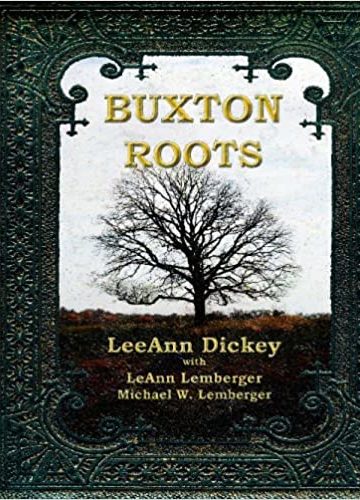
Marriage, Census and Death Records from the historic integrated coal-mining community of Buxton, Iowa
Less than 50 years after the Civil War, and just about 50 years before the Civil Rights act, the small, unincorporated coal-mining town of Buxton, Iowa became a model community where racial integration and equal pay for equal work were the accepted policy. Black and white coal miners worked side by side. Black and white clerks manned the company store together. Black and white families lived next door to one another. Black and white students shared classes, learning from teachers of both races. There were black doctors, lawyers, and businessmen. Buxton boomed for 20 years; then the coal mines played out and the residents moved on. But Buxton lingers in the memories of black families who moved on to other cities, and in the records of Monroe County.
LeeAnn Simmers Dickey started researching her own family tree, then branched out to use her genealogical skills for others. Her search for the families of Buxton, Iowa, an integrated coal-mining community in Monroe County, Iowa, led her to assemble the most complete set of Buxton records in existence, documenting the residents of Buxton through marriage records, censuses, cemetery lists, and photographs. Her interests include country cemeteries and southeastern Iowa’s history.
132 pages, illustrated in black and white.
